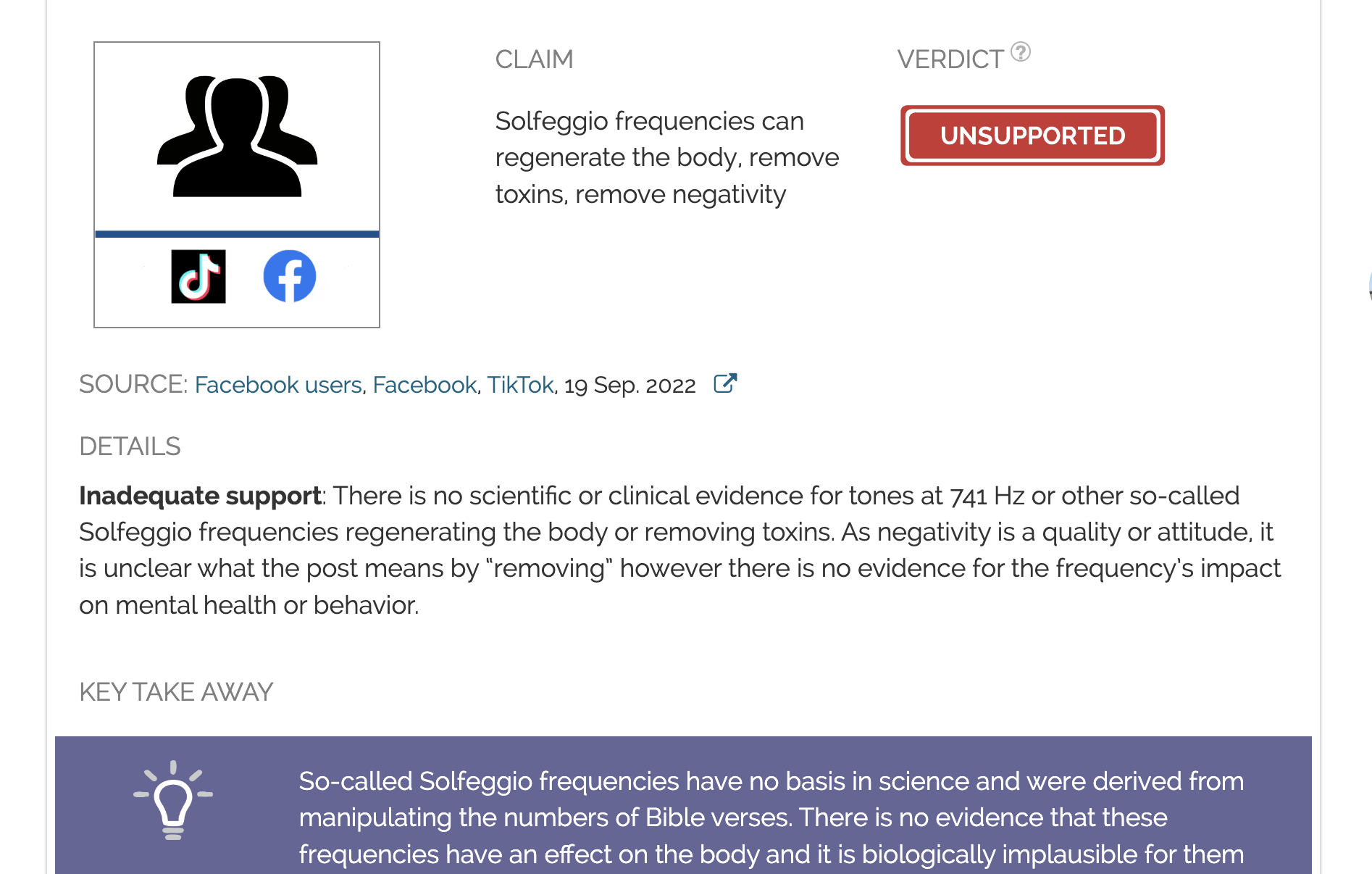The Science Behind Artificial Sweeteners and Blood Clots

Artificial sweeteners are sugar substitutes that are often used to reduce calorie intake and control blood sugar levels. While they are generally considered safe for consumption, recent studies have raised concerns about their potential impact on blood clotting.
Potential Mechanisms of Artificial Sweeteners on Blood Clotting
The exact mechanisms by which artificial sweeteners might influence blood clotting are not fully understood, but several potential pathways have been proposed.
- Altered Gut Microbiota: Artificial sweeteners may disrupt the balance of gut bacteria, potentially leading to changes in the production of clotting factors and inflammatory markers.
- Increased Inflammation: Some studies suggest that artificial sweeteners might promote inflammation, which is known to contribute to blood clot formation.
- Changes in Blood Sugar Levels: While artificial sweeteners do not directly raise blood sugar, some studies suggest they may indirectly influence blood sugar regulation, which could impact clotting factors.
- Direct Effects on Blood Cells: Artificial sweeteners may interact directly with blood cells, affecting their function and potentially influencing clotting mechanisms.
Current Scientific Understanding of the Link Between Artificial Sweeteners and Blood Clot Risk
The current scientific understanding of the link between artificial sweeteners and blood clot risk is still evolving. While some studies have suggested a potential association, the evidence is not conclusive and further research is needed.
Overview of Relevant Studies
Several studies have investigated the potential link between artificial sweeteners and blood clots, with mixed results.
- A study published in the journal “Thrombosis Research” in 2016 found that aspartame consumption was associated with an increased risk of venous thromboembolism (VTE), a type of blood clot that forms in the veins. However, this study was observational, meaning it cannot prove cause and effect.
- Another study published in the “American Journal of Clinical Nutrition” in 2017 found no association between artificial sweetener consumption and blood clot risk. This study involved a large cohort of participants and used a more rigorous methodology.
- A review article published in the “Journal of the American Heart Association” in 2019 summarized the available evidence and concluded that the link between artificial sweeteners and blood clots is uncertain and requires further investigation.
It’s important to note that these studies have limitations, such as reliance on self-reported data, potential confounding factors, and different methodologies.
Comparison of Effects of Different Types of Artificial Sweeteners on Blood Clotting
Different types of artificial sweeteners may have varying effects on blood clotting. For example, some studies suggest that aspartame may be associated with a higher risk of blood clots compared to other sweeteners, such as sucralose or stevia. However, more research is needed to confirm these findings.
Recommendations and Future Research: Artificial Sweeteners Blood Clots

While the current evidence regarding artificial sweeteners and blood clots is limited and inconclusive, it’s essential to be informed and take precautionary measures. Understanding the potential risks and the need for further research is crucial.
Recommendations for Individuals
Individuals concerned about the potential link between artificial sweeteners and blood clots should consider the following:
- Limit Artificial Sweetener Intake: Reducing consumption of artificial sweeteners can minimize potential risks. Opt for natural sweeteners like stevia or monk fruit in moderation.
- Maintain a Healthy Lifestyle: Focus on a balanced diet rich in fruits, vegetables, and whole grains. Regular physical activity and maintaining a healthy weight can contribute to overall cardiovascular health.
- Consult a Healthcare Professional: If you have concerns about blood clotting risks, consult your doctor. They can assess your individual risk factors and provide personalized advice.
The Need for Further Research, Artificial sweeteners blood clots
The current research on artificial sweeteners and blood clotting is insufficient to draw definitive conclusions. Further research is necessary to clarify the relationship and address several key questions.
Research Study Design
A comprehensive research study could investigate the potential impact of artificial sweeteners on blood clotting risk. This study could be designed as follows:
Population
The study population should include a large sample size of individuals with varying levels of artificial sweetener consumption. Participants should be stratified based on factors such as age, sex, medical history, and lifestyle habits.
Interventions
The study should compare two groups:
- Control Group: Individuals with minimal or no artificial sweetener consumption.
- Intervention Group: Individuals consuming a predetermined amount of specific artificial sweeteners.
Outcomes
The study should assess the following outcomes:
- Blood Clotting Markers: Regularly measure blood clotting factors and markers, such as D-dimer, fibrinogen, and prothrombin time.
- Incidence of Blood Clots: Monitor the occurrence of blood clots (deep vein thrombosis, pulmonary embolism) in both groups.
- Cardiovascular Health: Evaluate cardiovascular health parameters, including blood pressure, cholesterol levels, and heart rate.
Data Analysis
The study data should be analyzed to determine any statistically significant differences in blood clotting markers, incidence of blood clots, and cardiovascular health between the control and intervention groups.
Artificial sweeteners blood clots – The debate surrounding artificial sweeteners and their potential impact on blood clotting continues, with research offering conflicting perspectives. While some studies suggest a possible link, others fail to establish a definitive correlation. It’s a complex issue, much like the dynamic relationship between justin simmons and his iconic bass lines, which drive the energy and rhythm of KISS’s music.
Just as Simmons’s musical influence is undeniable, the effects of artificial sweeteners on blood clotting require further investigation before definitive conclusions can be drawn.
The debate surrounding artificial sweeteners and their potential link to blood clots continues, much like the enduring fascination with the ephemera of fast food culture. Consider, for instance, the craze surrounding McDonald’s collector meal cups , objects that hold a nostalgic value for many.
While these cups represent a fleeting moment in time, the potential health risks associated with artificial sweeteners are a far more enduring concern, prompting ongoing research and debate within the scientific community.